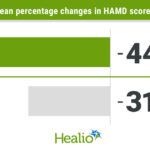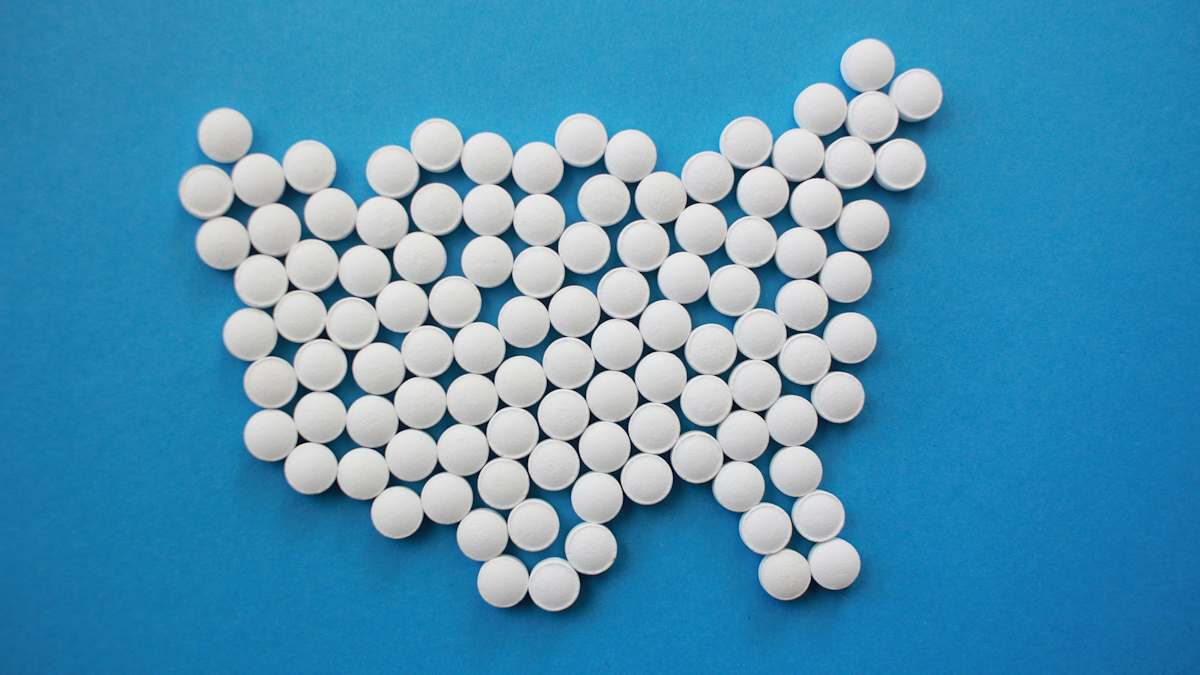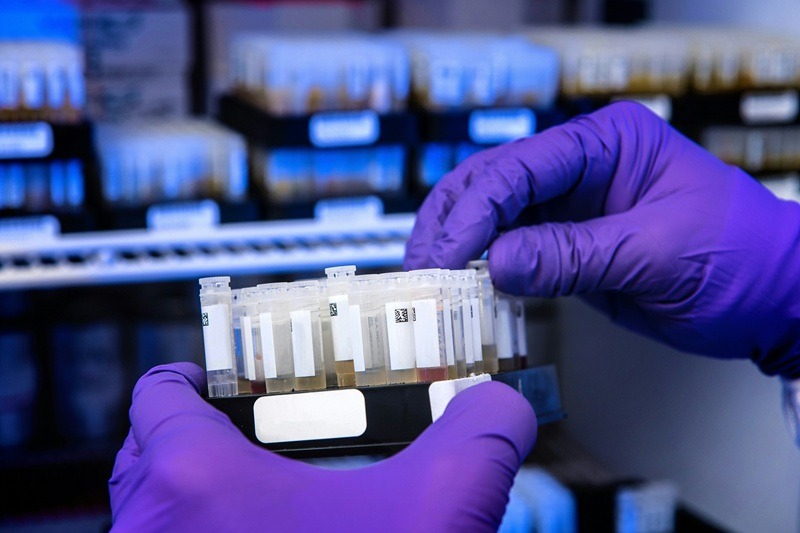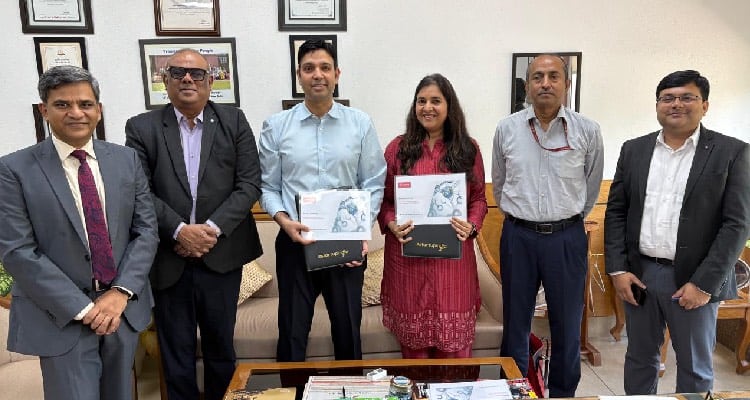
In another move designed to reduce the US’s reliance on imported medicines, the FDA has launched a pilot of fast-track reviews for generics tested and made in domestic facilities.
According to the regulator, applicants who conduct any required bioequivalence testing in the US, and whose products are made there using exclusively domestic sources for active pharmaceutical ingredients (APIs), will be eligible for priority review.
In a statement announcing the scheme, the FDA said that more than half of the pharmaceuticals distributed in the US are manufactured overseas, while only 9% of APIs are produced domestically. China supplies around 22% of the API market, and India supplies 44%.
Meanwhile, studies of generics, including bioequivalency testing, are increasingly being carried out outside the US, which the FDA claims is weakening the US’s R&D infrastructure.
“Overreliance on foreign drug manufacturing and testing creates risks both to national security and patient access, and undermines investments in US research, manufacturing and production,” said George Tidmarsh, director of the FDA’s Center for Drug Evaluation and Research (CDER).
“It also slows down reviews and costs taxpayers more money, as these foreign research and testing sites must be inspected by FDA, and foreign inspections take more time to prepare for and are more expensive to conduct than domestic inspections.”
The initiative is only the latest in a series by the Trump administration to encourage the manufacturing of medicines intended for use by Americans within the US.
The big lever deployed by the White House is the threat of tariffs on imported medicines, recently announced at a rate of 100%, although Pfizer has just reached an agreement that frees it from tariffs for three years – in return for investing tens of billions of dollars in US facilities.
In August, it also launched a programme to make it easier for drug companies to set up manufacturing facilities in the US – dubbed FDA PreCheck – that introduces quicker responses from the agency on start-up tasks like facility design, construction, and pre-production as well as a ‘streamlining’ of the chemistry, manufacturing, and controls (CMC) section of new facility applications.
In May, Trump issued an executive order (number 14293) that specifically sought to address the length of time it takes to build or upgrade pharma manufacturing facilities in the US, put at between five and 10 years, which he blamed on a “myriad” of federal, state, and local requirements ranging from building standards and zoning restrictions to environmental protocols.
The order directed the FDA to streamline review of domestic pharmaceutical manufacturing and eliminate unnecessary regulatory requirements while maximising review timeliness and predictability.
Photo by Hal Gatewood on Unsplash










